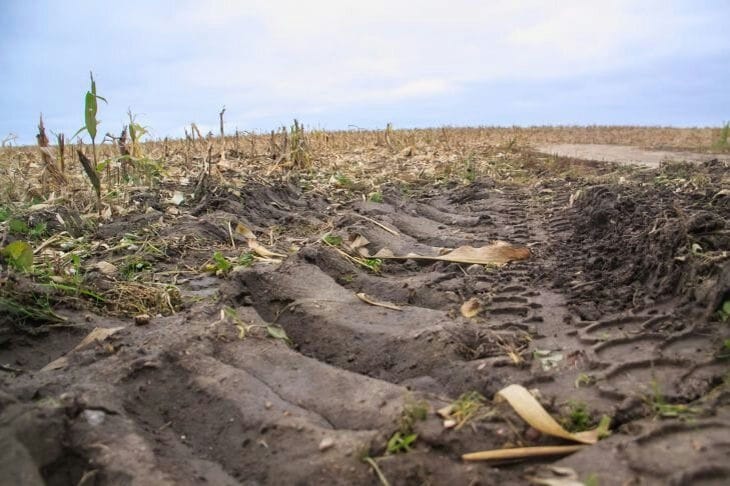What types of soil are considered the worst: answers to important questions for summer residents
For people who don't garden, the idea of buying soil may seem strange.
At the same time, this is a completely ordinary occupation for summer residents, since, as ADVICE.NEWS reports, some types of soil can be much better for your plants than others, and some are completely useless for gardening.
Here are some types of soil that you shouldn't expect rich harvests from.
Clay soil
Clay soil is heavy and tends to compact easily, restricting the movement of water and air.
Because of this, it retains water for a long time, making it prone to waterlogging. This, in turn, can suffocate plant roots and affect their growth.

Sandy soil
Sandy soil has larger particles and drains water quickly.
While this helps prevent waterlogging, it also means that nutrients can easily be washed away.
Because sandy soil does not retain water well, it makes it difficult for plants to access constant moisture.
Rocky soil
Soil with a high concentration of stones can be problematic for gardening.
Stones impede root growth, making it difficult for plants to take root.
They also reduce the soil's ability to hold water and nutrients.
Silty soil
Silty soil contains small particles that can lead to soil compaction.
Although it holds water better than sandy soil, it compacts easily, reducing air and water movement.
This affects root growth and the overall health of the plant.
Saline or sodic soil
Saline soil contains excess salts, while sodic soil has high levels of sodium.
Both types can be harmful to plant growth.
They create unfavourable conditions for the absorption of nutrients by plants, which leads to stunted growth and reduced yields.
Peat soil
Peat soil is rich in organic matter but tends to be acidic and poorly drained.
It can become waterlogged and compacted, making it difficult for roots to penetrate.
chalky soil
Chalk soil has a high pH level due to the presence of calcium carbonate.
This alkaline nature can limit the availability of certain nutrients, affecting plant growth.
